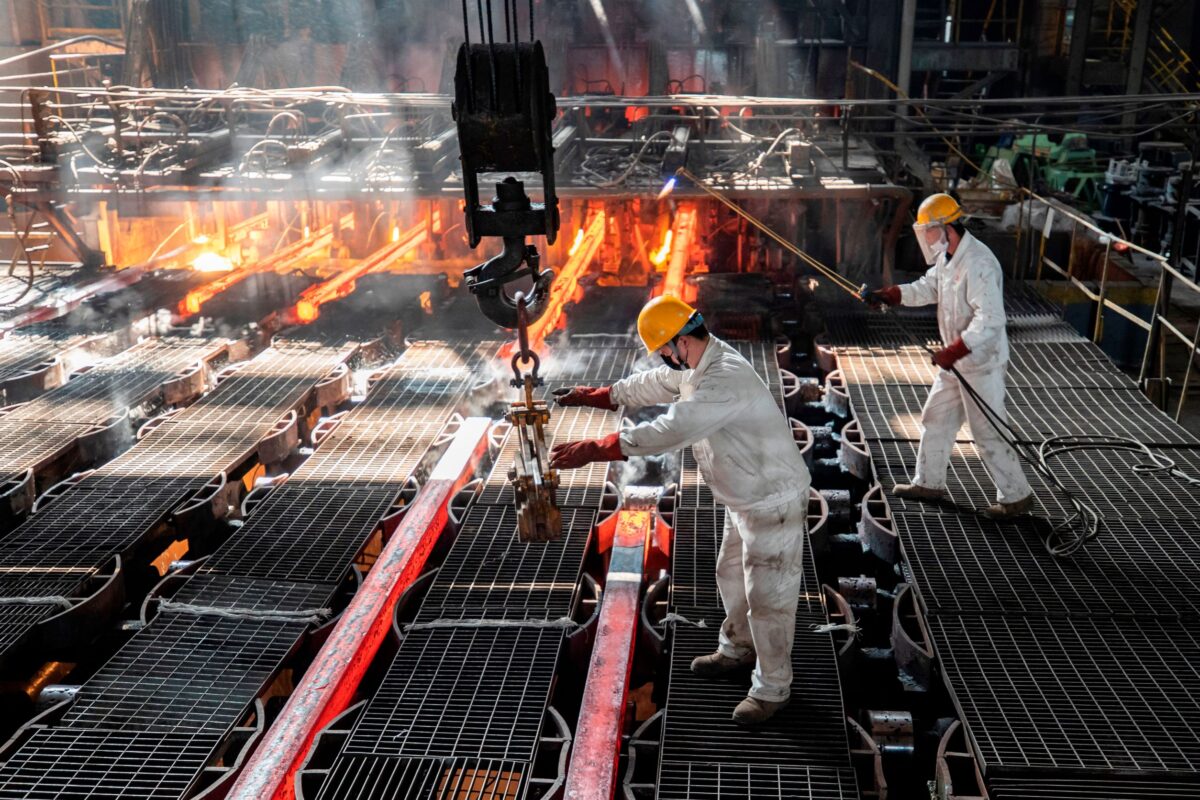
Chinese leader Xi Jinping on Oct. 4 said the regime was open to talks about state subsidies to domestic industrial firms—a practice that has become a sticking point in U.S.-China trade relations.
In virtual remarks at the opening of the China International Import Expo in Shanghai, Xi said China will keep an “active and open attitude“ to negotiations over topics such as digital economy, trade and environment, industrial subsidies, and state-owned companies.
China will support multilateral trade system centered around the World Trade Organization (WTO), he said, adding that the system has come under “a number of challenges.”
“Openness is a distinct characteristic of contemporary China,” Xi said in the speech on Thursday evening.
Senior U.S. officials have repeatedly described Beijing’s massive state subsidies as an unfair economic practice that gives Chinese companies a significant advantage over other firms on the international market.
U.S. charge d’affaires David Bisbee in October told the WTO, which just began its first review of China’s trade policies since 2018, that China’s industrial subsidies “skew the playing field” against imported goods and services. The United States would use all tools at hand to secure Beijing’s reforms, Bisbee said.

China, the world’s top steel producer, is “the biggest driver” of the global overcapacity for steel, Tai told steel industry executives later in the month. China produces over 1 billion metric tons each year, accounting for nearly 60 percent of the world’s steel production.
The United States and European Union in late October reached a deal to allow some European steel and aluminum imports enter America without tariffs, a move that Tai said would help “prevent leakage of Chinese steel and aluminum into the U.S. market.”
Tai also supported tools aimed at targeting subsidized Chinese investment in steel production in Southeast Asia through Beijing’s massive infrastructure project, the Belt and Road Initiative.
Wang Shouwen, vice minister of China’s Ministry of Commerce, has recently called for the removal of “enormous” farm subsidies in some developed countries as part of Beijing’s push for WTO reform, even as Beijing faces long-standing complaints from other WTO members about its own agricultural support policies.
“Our trade representative has said that we would consider additional tariffs reductions,” she said in the Reuters interview. “We want to see China meet their commitments they made under phase one, but stabilizing and perhaps eventually lowering some tariffs in a reciprocal way could be a desirable outcome.”
Beijing has positioned itself as a “staunch supporter” of multilateralism even though analysts said the regime has been influencing and subverting international bodies, and promoting a value system of its own. It has also previously described international expos as a platform to project the image of an open China.
China has applied to join the Comprehensive and Progressive Agreement for Trans-Pacific Partnership (CPTPP) to boost its economic clout. Wang, the commerce minister, on Monday also requested to join Digital Economy Partnership Agreement, a partnership between New Zealand, Chile, and Singapore promoting digital trade.









